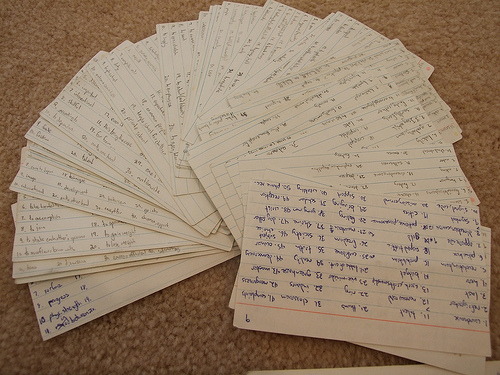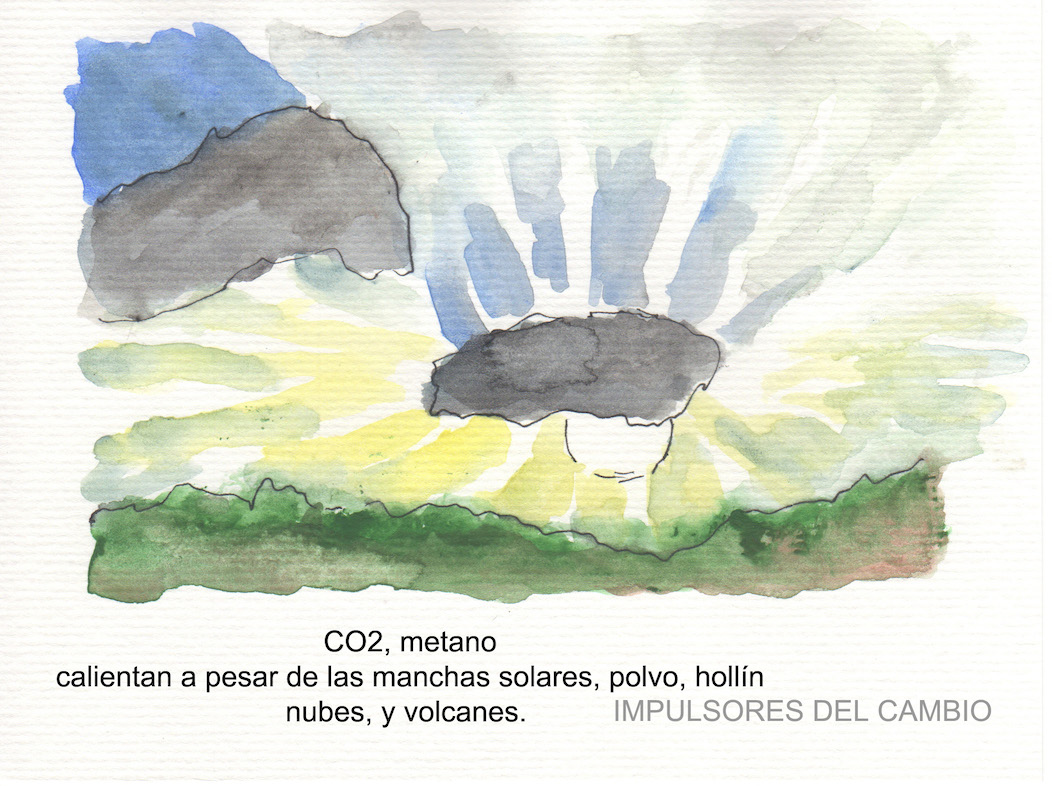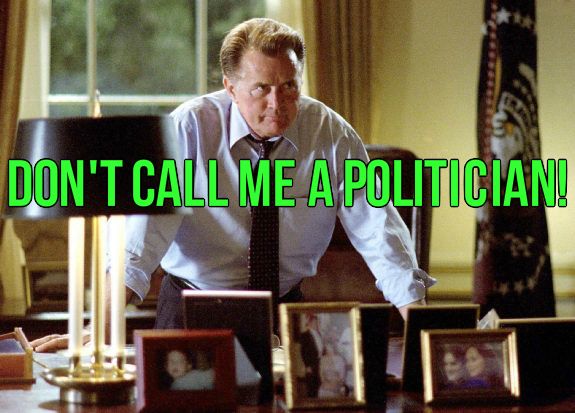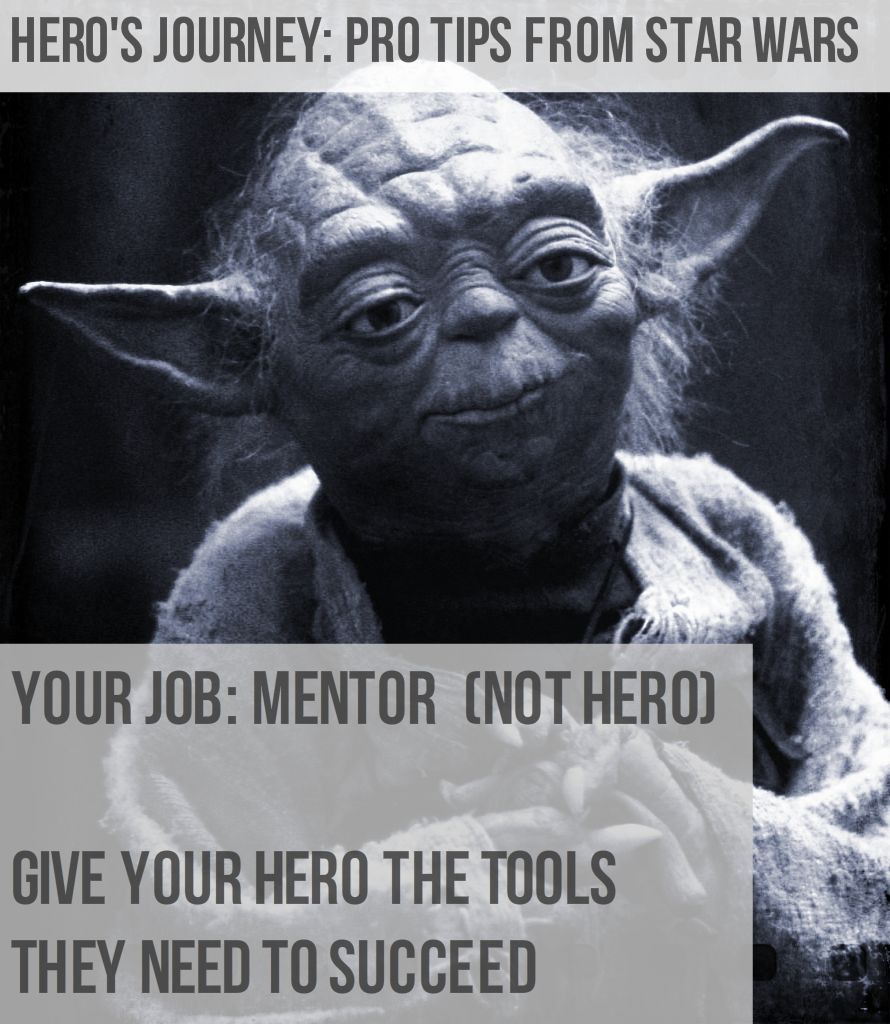We’re policy nerds here. (You may have gathered that.) It means sometimes we know just about every last detail of a particular policy solution. It means we sometimes go a little overboard telling other people about all those details—because we’re excited about the possibilities. (Okay, maybe a lot overboard!)
Most of the other nerds we know do this too. And even quite a few of our non-nerd friends do it. It’s mostly because we are keen on fixing problems.
Of course, knowing the specifics is important for us. We put policy ideas through the wringer for a living. And all the little details are really, majorly, crucial for making any policy work correctly.
But as we’re talking about policy solutions, we sometimes get bogged down in the details. That’s when our audience can miss not only the basics and our enthusiasm, but also the most important thing: The Big Picture.
What people want to know—what they really need to know, in fact—is what good a policy will do and why it matters. In other words, our job is to help them see what it’s going to look like.










